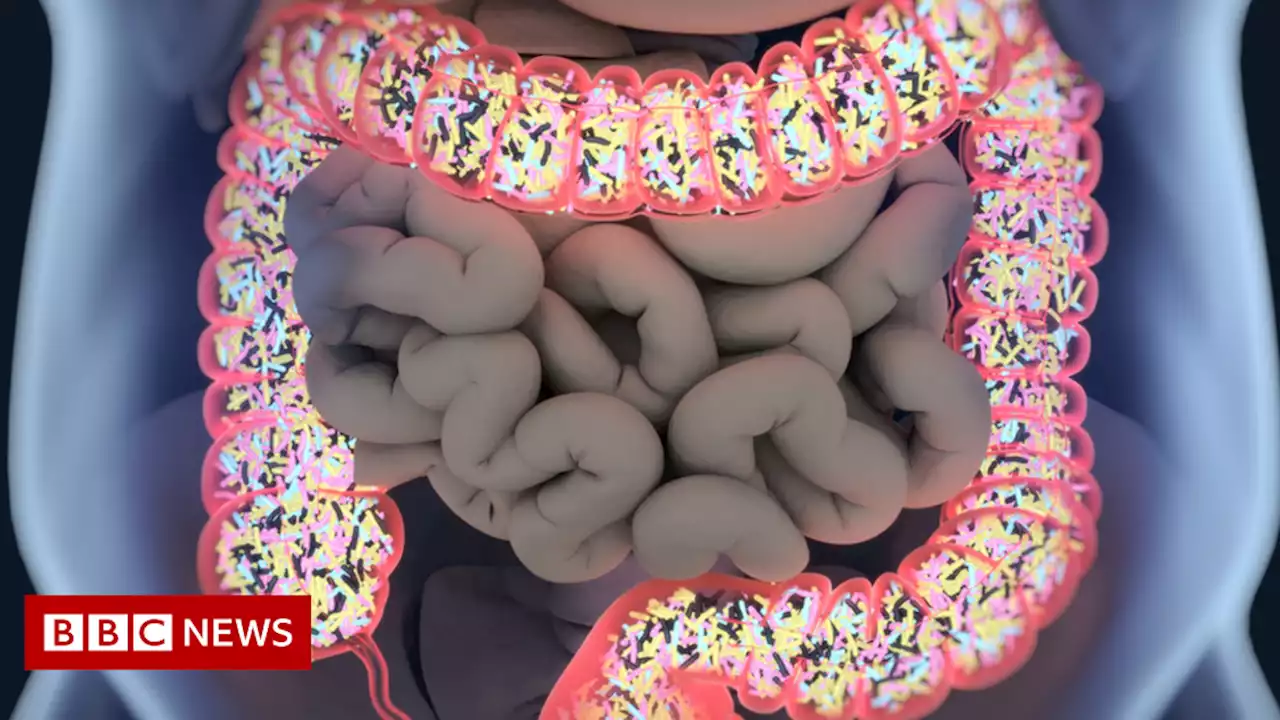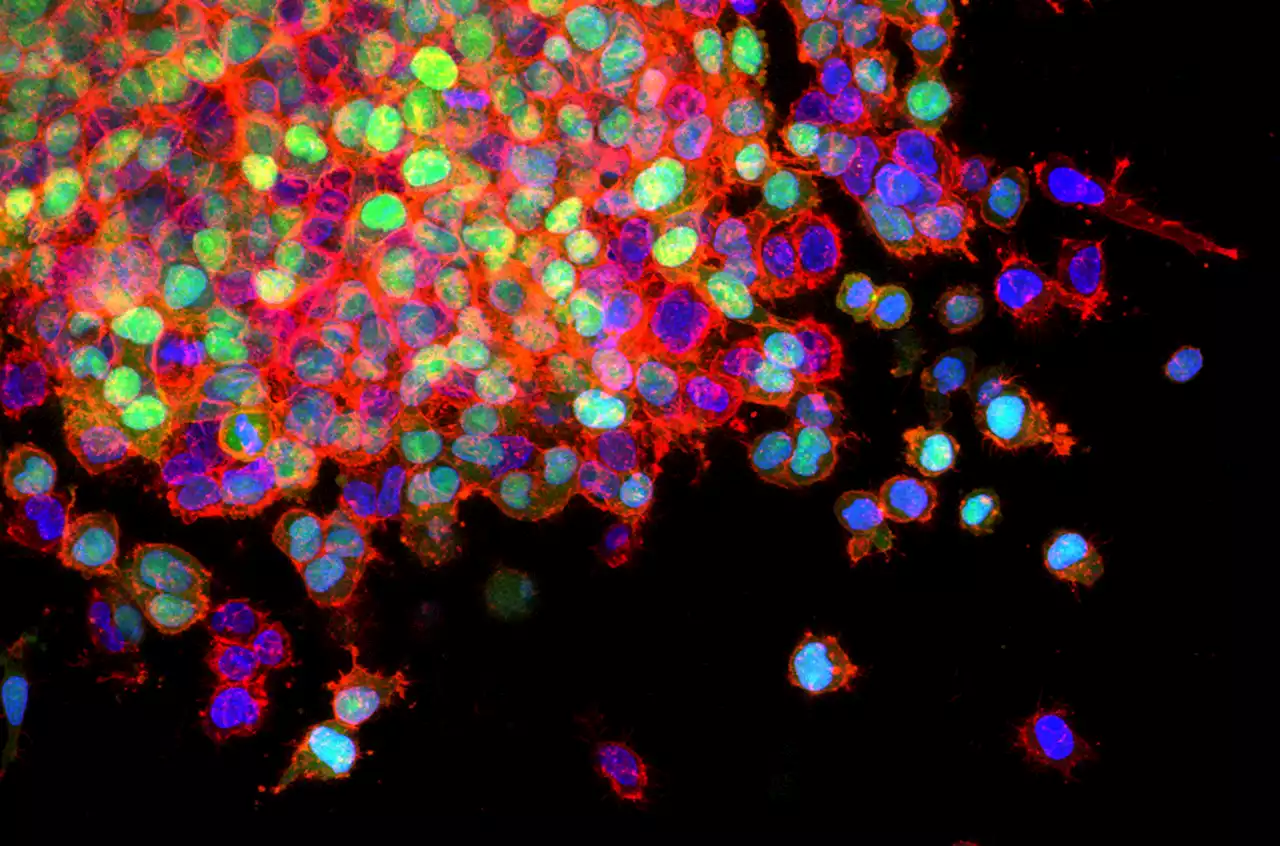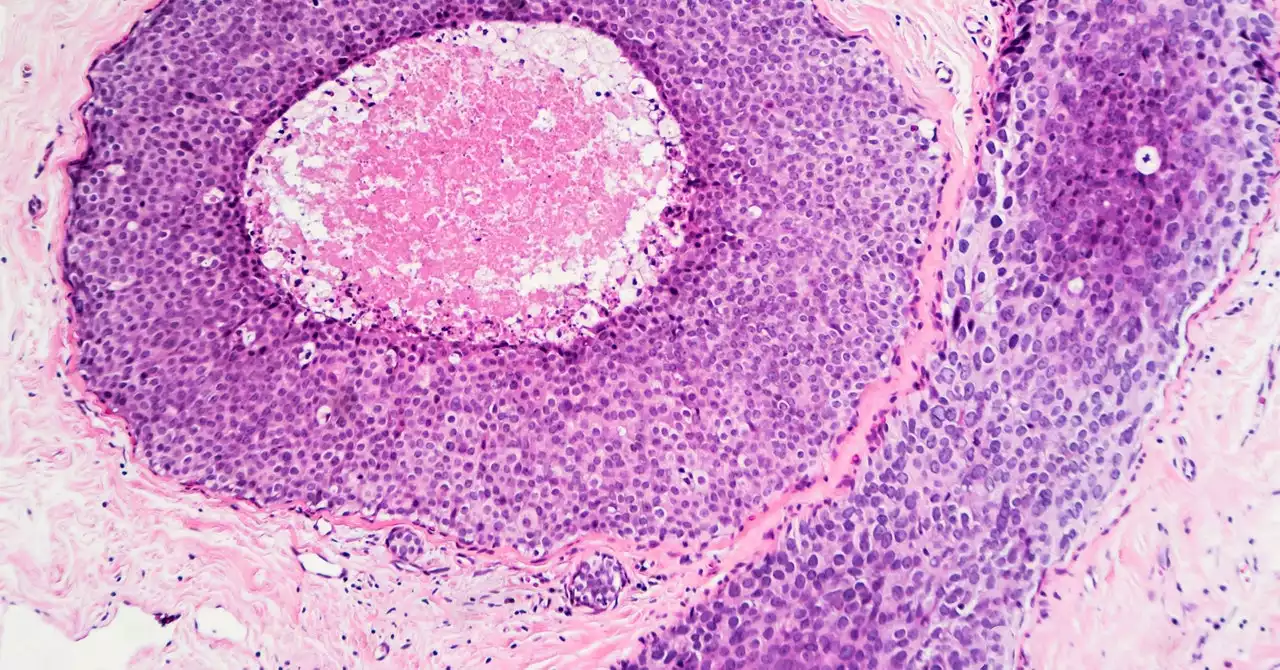Growing organoids in dishes and xenografts in mice lets scientists re-create a living person’s tumor—and test dozens of drugs against them at the same time.
areThe Welms’ approach, called, posits that you can find answers by growing organoids and xenografts as tools for trial-and-error drug testing. Both are like “avatars,” says Elgene Lim, a medical oncologist with the Garvan Institute of Medical Research in Sydney, Australia. “Having the confidence that your avatar is truly anavatar could potentially cut down the billions of dollars spent on drug development barking up the wrong tree only because your model is wrong.
Next, to prove that their models actually represented a patient’s cancer, they compared the organoids and the xenografts to each other and to the real tumor: Were the same genes active? Did they grow as quickly? Did they respond the same way to drugs? Yes, yes, and yes. The team felt confident that they had built high-fidelity avatars. “Now,” asks Welm, “can we actually use it to help?”
This is often true for the extremely aggressive cancers Welm studies. But she is encouraged by two key oncological metrics from this patient’s treatment: “progression-free survival” and “time to next systemic therapy” . Both numbers usually go down with each subsequent round of treatment. In this case, they went up. The patient’s previous chemotherapy had stopped the cancer from growing for 41 days.
United States Latest News, United States Headlines
Similar News:You can also read news stories similar to this one that we have collected from other news sources.
 New FDA approved drug could help cure mast cell tumors in dogsA new FDA-approved drug claims to cure most mast cell tumors, in some cases with only a single injection.
New FDA approved drug could help cure mast cell tumors in dogsA new FDA-approved drug claims to cure most mast cell tumors, in some cases with only a single injection.
Read more »
 Stool tests might help spot early pancreatic cancerDetectable changes involving gut microbes 'could provide' a warning sign that a tumour is present.
Stool tests might help spot early pancreatic cancerDetectable changes involving gut microbes 'could provide' a warning sign that a tumour is present.
Read more »
 Glowing tumor marker may interfere with cancer studies in mice, creating reproducibility problemsThe glowing proteins biologists use to track cancer cells, often borrowed from fireflies or jellyfish, may be provoking their own immune attack on the cells.
Glowing tumor marker may interfere with cancer studies in mice, creating reproducibility problemsThe glowing proteins biologists use to track cancer cells, often borrowed from fireflies or jellyfish, may be provoking their own immune attack on the cells.
Read more »
 A Single Genetic Test Can Accurately Diagnose 25 Rare Diseases Faster Than EverScientists have developed a quick genetic test that can diagnose a large range of rare muscle and nerve diseases with near perfect accuracy.
A Single Genetic Test Can Accurately Diagnose 25 Rare Diseases Faster Than EverScientists have developed a quick genetic test that can diagnose a large range of rare muscle and nerve diseases with near perfect accuracy.
Read more »
 Blood Pressure Meds May Prolong Life in Pancreatic CancerPopular blood pressure medications may add years to the lives of patients with pancreatic cancer, a notoriously tough-to-treat cancer with low survival rates, new research suggests.
Blood Pressure Meds May Prolong Life in Pancreatic CancerPopular blood pressure medications may add years to the lives of patients with pancreatic cancer, a notoriously tough-to-treat cancer with low survival rates, new research suggests.
Read more »
 These Campaigns Hope ‘Deepfake’ Candidates Help Get Out the VoteSouth Korean presidential candidates pursue younger voters with wittier and more likable “deepfake” avatars
These Campaigns Hope ‘Deepfake’ Candidates Help Get Out the VoteSouth Korean presidential candidates pursue younger voters with wittier and more likable “deepfake” avatars
Read more »
